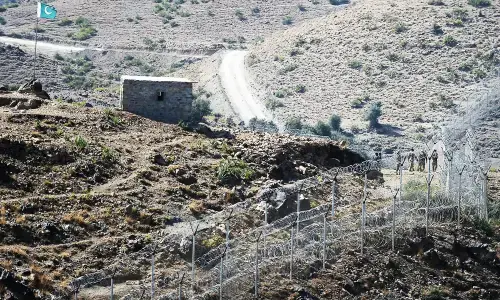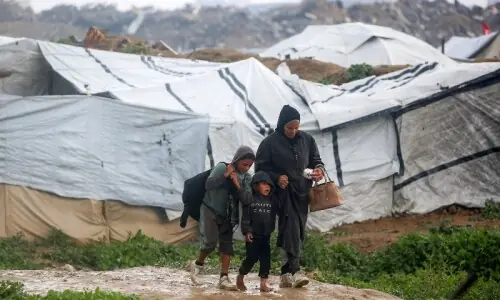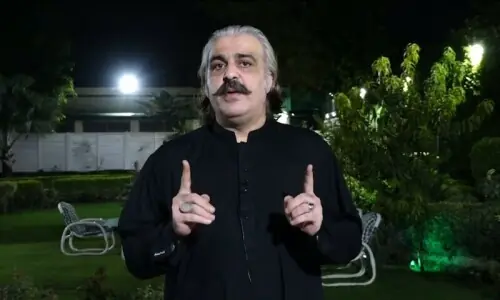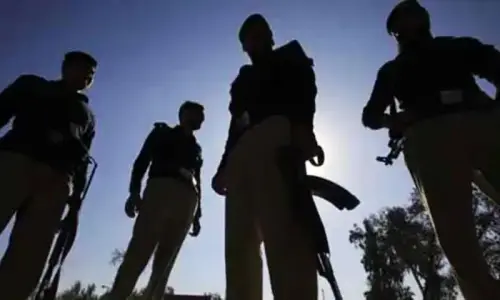AS if on cue, the power crisis has returned — soon after the government declared victory in the epic battle against it.
As temperatures have shot up over the last few weeks, the demand for power has surged. But the new system that the PML-N government trotted out as its favourite accomplishment has been unable to keep pace. It turns out that the country’s fuel supply chain cannot keep up with the rapid increase in demand. Owing to the depleted furnace oil stocks following a winter order by the prime minister to halt imports of the dirty, expensive fuel in favour of imported LNG, power plants were unable to ramp up generation.
The result was that the power deficit shot up to 7,000MW at its peak, according to ministry sources, which is broadly the same level it hit during the years of severe power shortages. The fact that this happened only days after the government boasted that it had added 13,000MW of new power-generation capacity to the system, more than what was added in the previous 70 years — as per its telling, though not far off the mark — is ironic.
If any further validation were required that it will take far more than raw megawatts to decisively end the chronic power shortages the country has been living with for decades now, then the present circumstances provide it.
Beyond megawatts, the reform of power-sector governance, finances and pricing, as well as a more intelligently thought-out power-sector expansion plan that breaks out of the decades-old thinking of large mega projects towards distributed generation, are among the ideas that will need to be admitted into the policy mainstream. Currently, we are only adding more and more megawatts of generation capacity to a system that is already beleaguered and unable to recover even its own costs, let alone provide for future expansion.
The government can brag all it wants to about adding megawatts, but the fact remains that the country cannot afford, nor manage, the additional generation capacity. Repeated episodes of widespread load-shedding amid plenty are clear reminders of this. The way matters stand, if the power system is run at close to full speed, major problems will arise in either fuel supply or the circular debt, or both. This means that the fundamentals of the power crisis are still with us.
It is too late for the party to address this problem now in the twilight of its term. But as a departing thought, it is worth the while of all political parties to reflect carefully on the institutional reforms needed for making meaningful progress on the long road leading out of the power crisis. Beyond power plants, how do they intend to address the problems of sector liquidity and fuel supply, and encourage distributed generation through renewable energy sources?
Published in Dawn, May 3rd, 2018































